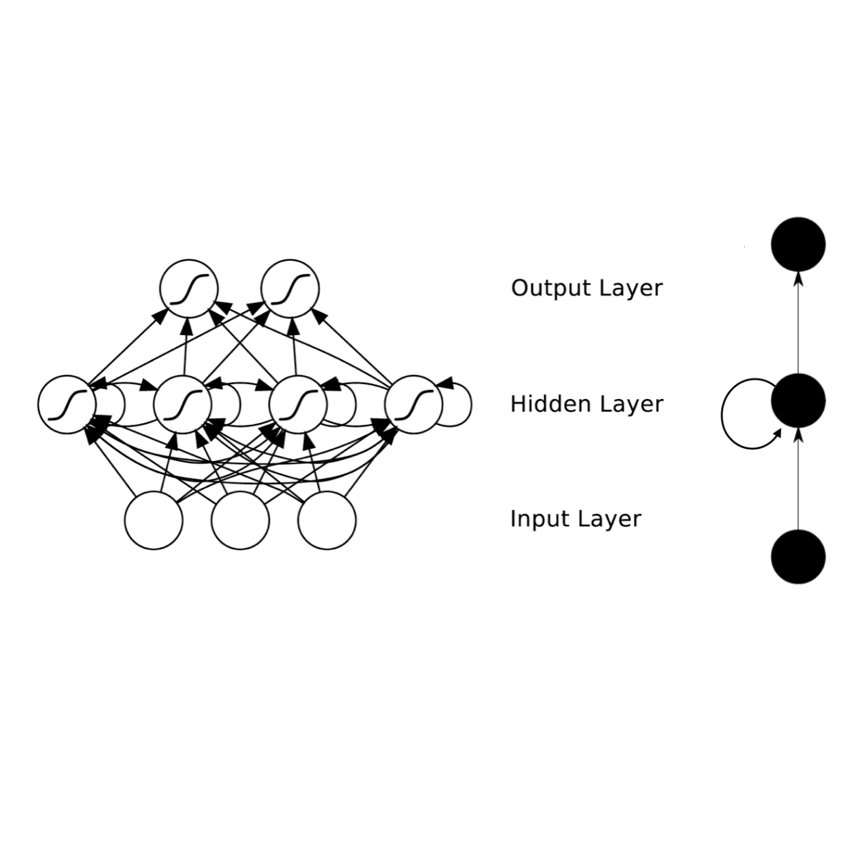Providing personalized recommendations for insurance products is particularly challenging due to the intrinsic and distinctive features of the insurance domain. First, unlike more traditional domains like retail, movie etc., a large amount of user feedback is not available and the item catalog is smaller. Second, due to the higher complexity of products, the majority of users still prefer to complete their purchases over the phone instead of online. We present different recommender models to address such data scarcity in the insurance domain. We use recurrent neural networks with 3 different types of loss functions and architectures (cross-entropy, censored Weibull, attention). Our models cope with data scarcity by learning from multiple sessions and different types of user actions. Moreover, differently from previous session-based models, our models learn to predict a target action that does not happen within the session. Our models outperform state-of-the-art baselines on a real-world insurance dataset, with ca. 44K users, 16 items, 54K purchases and 117K sessions. Moreover, combining our models with demographic data boosts the performance. Analysis shows that considering multiple sessions and several types of actions are both beneficial for the models, and that our models are not unfair with respect to age, gender and income.
翻译:暂无翻译



